References to individual “rights” have proliferated in the twenty-first century. Seldom can you engage in a political discussion today without there being some mention of an entitlement like …
A Self-Reflective Destruction of Humankind: A Christian Eco-Theological Reading of W. B. Yeats’s “Second Coming”
W. B. Yeats’ poem “The Second Coming” has long captivated and bewildered readers with its mystical symbolism and imagery. These metaphors and motifs have invited debates between readers since the …
It Is a Constitution We Are Expounding: John Marshall, Spencer Roane, and the Fundamental Conflicts Surrounding McCulloch v. Maryland (1819)
In McCulloch v. Maryland (1819), the U.S. Supreme Court decided the fate not only of the Second Bank of the United States but also the shape of America’s constitutional republic. Writing on behalf of …
The Influence of Race in Americans’ Trust of Government
Scholars have long emphasized the role that public trust has in strengthening democracy (Barnard 2001; Buchanan 2002; Citrin 1974; Dahl 1971; Lipset 1959). In his recent book entitled Can Governments …
Continue Reading about The Influence of Race in Americans’ Trust of Government
Jefferson and Tocqueville on Christian Nationalism
Introduction The influence of Christianity persists in America despite a decline in the number of churchgoers and those who identify themselves as Christian.[1] Given this context, the contemporary …
Continue Reading about Jefferson and Tocqueville on Christian Nationalism
A Guide for our Times: Herbert Hoover’s Critique of Supreme Court Expansion
On April 15, 2021, Senator Ed Markey (D-MA) and Representative Hank Johnson (D-GA) introduced the Judiciary Act of 2021 to their respective chambers of Congress. This piece of legislation would add …
Continue Reading about A Guide for our Times: Herbert Hoover’s Critique of Supreme Court Expansion
Critique of Hayek’s Liberalism and the Rule of Law
Andrew Farrant and Edward McPhail note that in 2010 under Obama’s administration the popularity of Hayek’s Road to Serfdom dramatically spiked (Farrant and McPhail 2010). As a result of this increased …
Continue Reading about Critique of Hayek’s Liberalism and the Rule of Law
Liberating the Truth in Augustine’s Confessions and Douglass’ Narrative
Augustine of Hippo’s Confessions and Frederick Douglass’ Narrative of the Life of Frederick Douglass share a common theme of spiritual awakening to the truth. In these texts, both Augustine and …
Continue Reading about Liberating the Truth in Augustine’s Confessions and Douglass’ Narrative
Dividing Democracy: Three Arguments for States’ Rights
Today, many perceive states’ rights as an obsolete or unjust political doctrine. Indeed, in serving as an ideological basis against centralized national power and helping to preserve slavery and …
Continue Reading about Dividing Democracy: Three Arguments for States’ Rights
Summoning Laplace’s Demon: The Erosion of Meaningful Voter Choice in an Era of Algorithms?
Precise individual microtargeting threatens to remake the political landscape as thoroughly as it has remade marketing. This paper explores the observed uses to date of political microtargeting as …
James Madison, American Liberalism, and the Problem of the “Gordian Knot”
Federal jurisdiction is virtually unlimited today and the strength and survivability of liberalism, our nation's animating political philosophy, is hotly debated. These issues are connected and James …
Continue Reading about James Madison, American Liberalism, and the Problem of the “Gordian Knot”
Sermon from the Capitol Hill: Abraham Lincoln’s Usage of the Bible in His Second Inaugural
How did a poor farmer’s son who spent his youth publicly mocking religious preachers and never joined a church earn the description “Christ in Miniature” by Leo Tolstoy (White, “Divine Providence”)? …

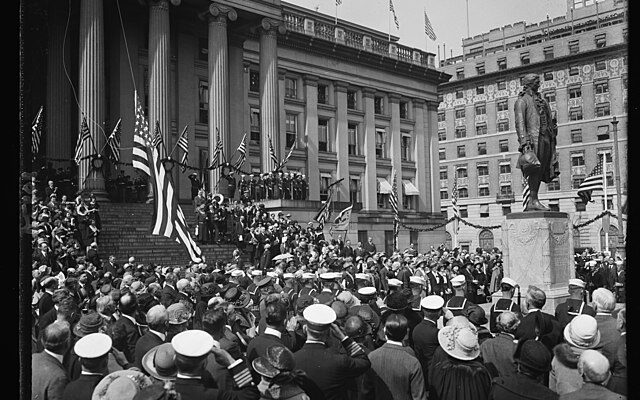
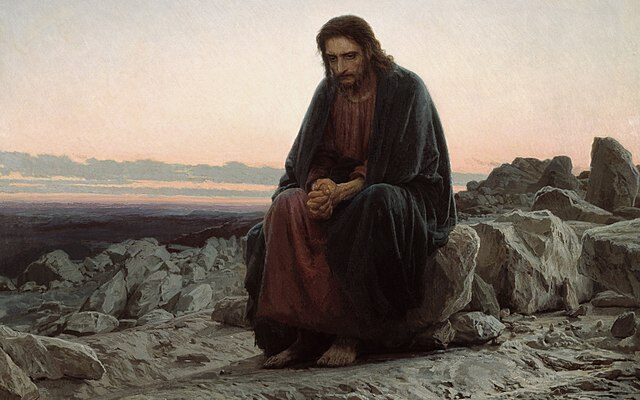
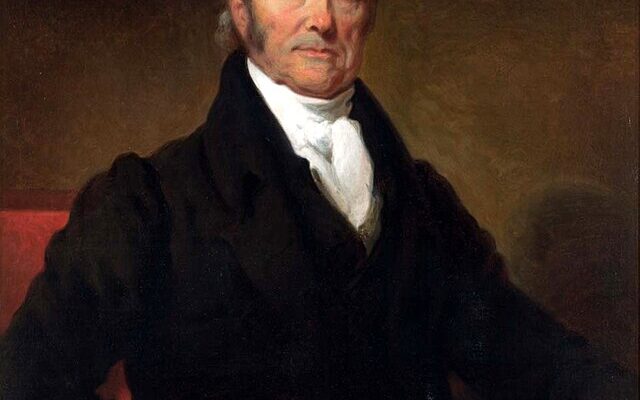
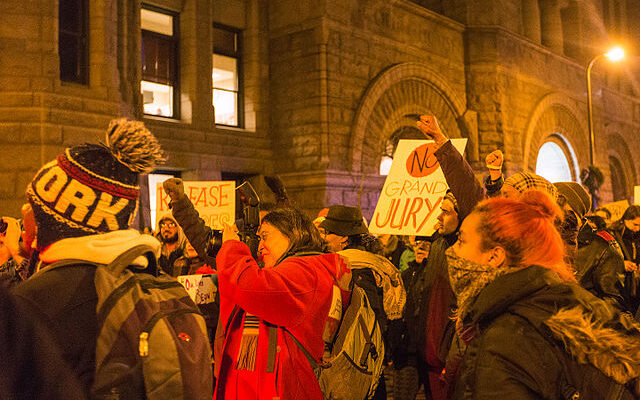
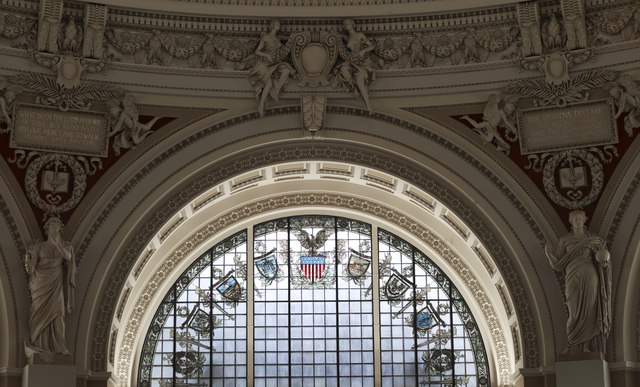
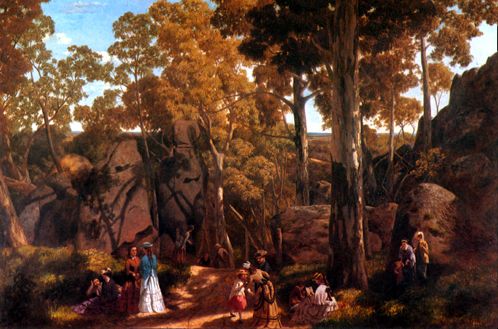


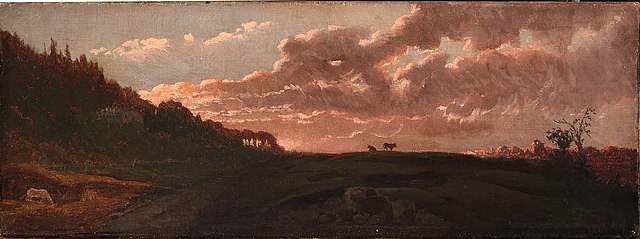


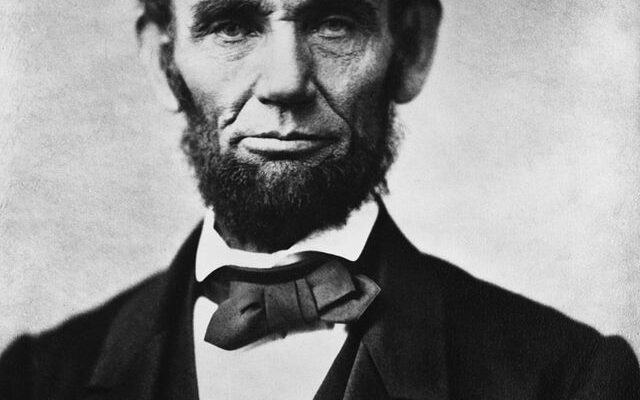
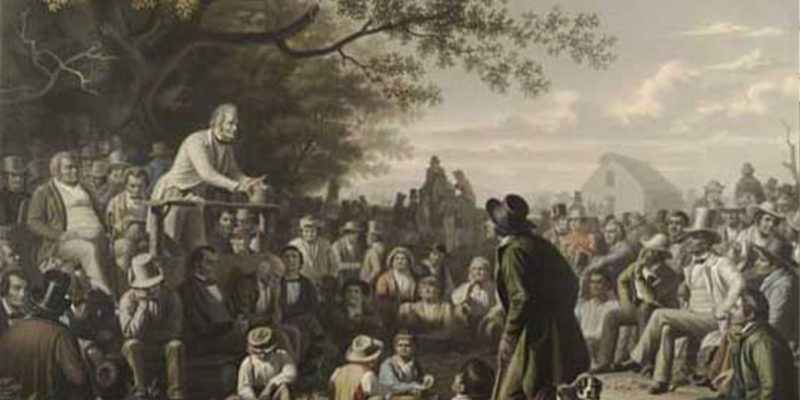


 Compass is an online journal that provides a space for the work of talented undergraduates who have original and well-articulated insights on important ideas and issues relating to American democracy understood in the broad contexts of political philosophy, history, literature, economics, and culture.
Compass is an online journal that provides a space for the work of talented undergraduates who have original and well-articulated insights on important ideas and issues relating to American democracy understood in the broad contexts of political philosophy, history, literature, economics, and culture.